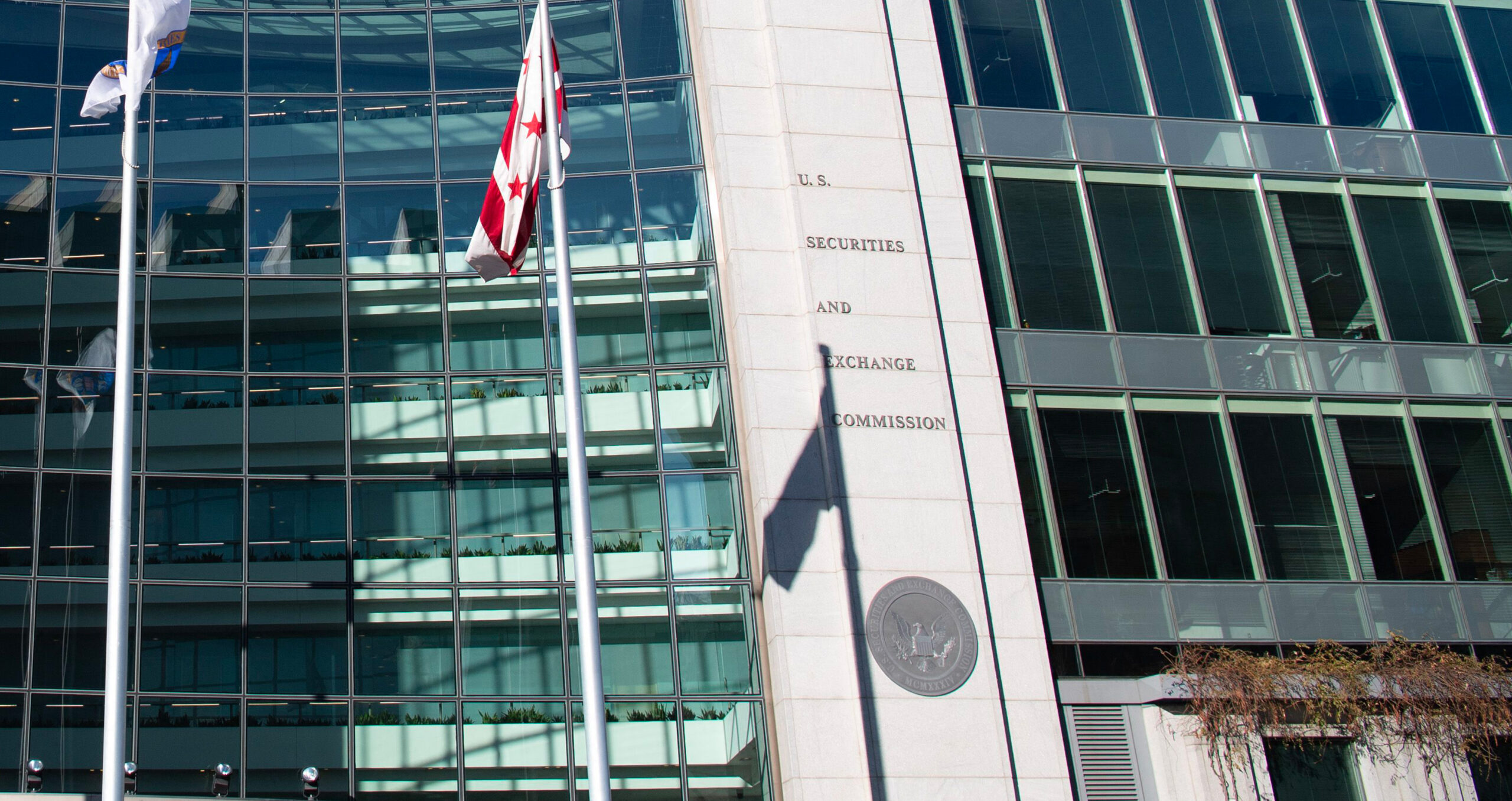
In Brief: JPMAM and SSGA exit CA100+; IEA to set up security programme for critical minerals

The latest ESG policy and regulatory news
JPMorgan Asset Management and State Street Global Advisors have confirmed to the Financial Times that they are leaving the investor coalition group Climate Action 100+. JPMAM said it would no longer participate in the group’s engagements because it had expanded its own stewardship capabilities. Meanwhile, SSGA argued that the coalition’s enhanced requirements, which ask members to push companies to reduce emissions rather than disclose them, are not aligned with its approach to proxy voting and portfolio company engagement.
The European Commission has adopted a regulation that partially exempts European farmers from keeping 4 per cent of their land fallow. The rules came into force this week but will apply retroactively from January 1 and last until December 31. You can read a detailed overview here.
The European parliament and the European Council have reached a provisional deal on reforming the bloc’s fiscal rules. Under the agreement, countries would be able to use greater flexibility in their government spending if they implement reforms related to the green transition, energy security and social and economic resilience. The build-up of defence capabilities “where necessary” would also be considered as a valid investment priority.
The European parliament’s internal market and environment committees have adopted a negotiating position on a green claims directive. The legislative proposal is in addition to the previously agreed ban on greenwashing. The committees’ position includes the requirement for companies to verify environmental marketing claims prior to publication, as well as penalties for breaches, which can reach at least at 4 per cent of annual turnover. The directive is set to be finalised after the European elections in June.
The environment committee also voted on a waste framework directive, while the transport and tourism committee agreed on a position for greening freight transport across the bloc. Both legislative proposals will be followed up by the new parliament, after the European elections.
The European Sustainable Investment Forum has released a new methodology to better portray sustainability-related investments across Europe as they relate to the EU sustainable finance framework. The methodology consists of four categories that depict the different levels of ambition in contributing to the green transition: basic environmental, social and governance-related investments, advanced ESG investments, impact-aligned investments and impact-generating investments. It will apply to all asset classes, but investments can only be categorised if they include binding ESG or impact criteria. With this new approach, Eurosif aims to overcome previous market studies where data on different sustainability-related investments was gathered under the single term of “sustainable investments”.
Shareholders who filed a climate resolution at ExxonMobil, and subsequently withdrew it after Exxon sued them, have said the fossil fuel giant aims to challenge the US Securities and Exchange Commission rules on resolution filing without directly involving the regulator. In an emailed statement, climate campaign investor Follow This said: “Exxon challenges the SEC rules without confronting the SEC in order to seek a declaration that Exxon is not violating the securities laws by omitting shareholder proposals.” In their motion to dismiss, the defendants claimed the company prefers litigation against investors with fewer resources, instead of seeking a routine no action letter from the SEC. Previously, we reported how Exxon intended to continue pursuing its lawsuit even after filers Follow This and Arjuna Capital withdrew their resolution. Last week, ExxonMobil’s top-10 shareholder Norway’s sovereign wealth fund criticised Exxon’s decision to sue its investors.
The International Energy Agency’s 2024 ministerial meeting agreed the development of a framework for a voluntary “critical minerals security programme”. The aim of the programme is to secure sufficient minerals and diversify the supply chain of raw materials core to green technology manufacturing and production. Voluntary stockpiling, enhanced data collection, increased refining capacities and more accurate forecasts are all aspects under consideration.
The Autorité des Marchés Financiers, the French financial market regulator, has published guidance to assist companies with their climate transition planning, in line with the gradual implementation of the EU Corporate Sustainability Reporting Directive. It includes an assessment of existing methodologies, best practice, investors’ expectations and suggestions for improving the overall quality of sustainability reporting.
The UK government has signed a memorandum of understanding with Canada to increase cooperation on fusion energy. In addition to research and development, the deal aims to align regulatory frameworks and train a new workforce. The UK had previously signed a similar agreement with the US.
The Taskforce on Nature-related Financial Disclosures has opened several consultations, seeking market feedback until March 29. The consultations include additional guidance for financial institutions and draft sector metrics for priority sectors, such as chemicals and oil and gas.
A bill has been introduced by New York City council that aims to stop the distribution of detergent pods and laundry sheets that contain polyvinyl alcohol, a synthetic form of plastic. The Democrat representative who submitted the bill argued that PVA causes pollution in waterways and its use should be prohibited. So far, the US Environment Protection Agency has resisted petitions to ban products made of PVA.
Google has launched a new partnership with the Environmental Defense Fund, where satellite data and artificial intelligence will be used to provide a more accurate picture of methane leaks around the globe. Launching in March, the partnership will regularly monitor and measure methane levels in the most active oil and gas regions and aim to create a map of oil and gas infrastructure, to understand which components contribute most to the release of emissions.
A coalition of British universities has sent a request for proposals to banks demanding they create new cash products that have no exposure to the expansion of fossil fuels. The universities want banks to direct funding towards renewables and low-income countries.
A report by think tank Climate Analytics has found that $2tn of investment is needed each year from 2024 to deliver the COP28 goal of tripling renewable energy by 2030. Two-thirds would be needed to expand the installation of renewables, while a third would be directed to grid and storage infrastructure. The report further highlights that sub-Saharan Africa is the region in most need of upscaling.
Similar Articles

In Brief: EU parliament rubber-stamps CSDDD; US imposes strict rules on carbon pollution from power plants

Question mark over US climate disclosure rule as SEC puts it on pause


